Four researchers from UPF, recognised as ICREA research professors
Four researchers from UPF, recognised as ICREA research professors
Marc Güell, from the Department of Medicine and Life Sciences; Damián Blasi and Schahram Dustdar, from the Department of Information and Communications Technologies; and Paula Bustos, from the Department of Economy and Business, are the recipients of this prestigious honour, linked to UPF.
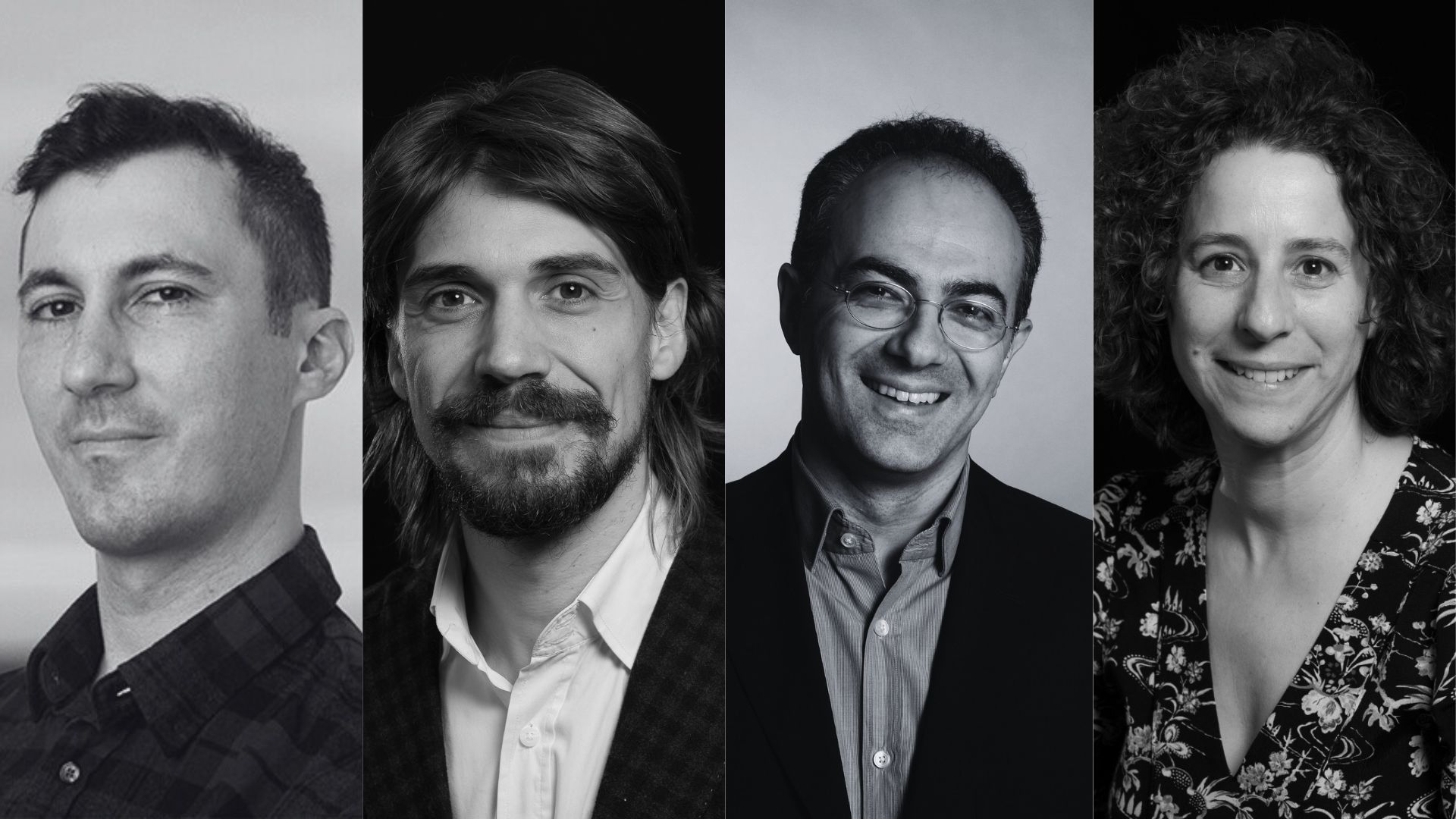
The Catalan Institute for Research and Advanced Studies (ICREA) is a foundation financed by the Government of Catalonia that offers permanent contracts to researchers from around the world to retain talented scientific and academic staff at Catalan universities and research institutions.
The institution recently recognised four researchers from Pompeu Fabra University as ICREA research professors: Marc Güell, director of the Translational Synthetic Biology Laboratory, in the Department of Medicine and Life Sciences (MELIS); Damián Blasi, a researcher based in the Centre for Brain and Cognition, in the Department of Information and Communications Technologies (DTIC); Schahram Dustdar, from the same department; and Paula Bustos, a researcher in the Department of Economy and Business (DEE).
These four individuals are among the 276 researchers who have been awarded this prestigious distinction, which will enable them to conduct research in any area of knowledge. With these recent additions, UPF now accounts for one out of every six ICREA research professors in Catalonia.
Marc Güell, engineering with the language of life
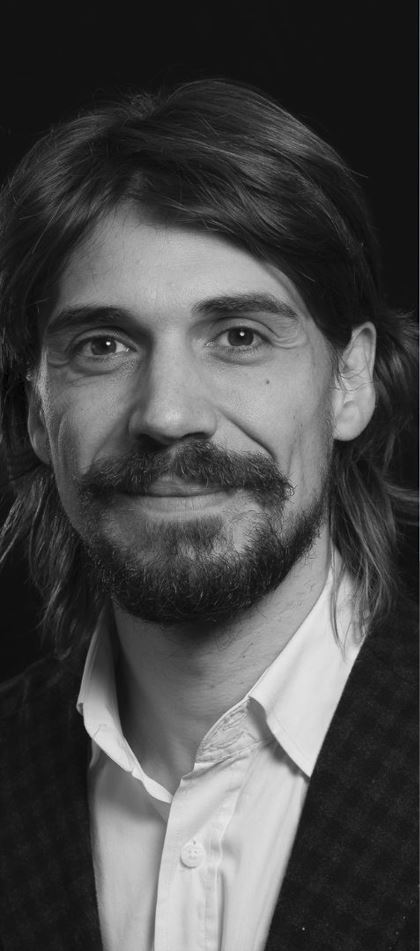 Marc Güell holds an undergraduate degree in Chemistry, an engineering degree in Telecommunications and a PhD in Biomedicine from the Centre for Genomic Regulation (CRG). His research includes various breakthroughs in organ transplants, gene therapy and skin microbiome engineering for therapeutic purposes. These investigations have spurred the creation of three companies, which develop therapies —eGenesis, s-biomedic and Integra Therapeutics— and patents licensed to leading companies. A track record thanks to which he has been named an EMBO Young Investigator, a ‘Highly Cited Researcher’ in 2019 and member of the Young Academy of Spain. He has also been awarded the National Research Prize for Young Talent (2018), the August Pi i Sunyer Prize (2021) and the Ángela Ruiz Robles National Research Award (2022).
Marc Güell holds an undergraduate degree in Chemistry, an engineering degree in Telecommunications and a PhD in Biomedicine from the Centre for Genomic Regulation (CRG). His research includes various breakthroughs in organ transplants, gene therapy and skin microbiome engineering for therapeutic purposes. These investigations have spurred the creation of three companies, which develop therapies —eGenesis, s-biomedic and Integra Therapeutics— and patents licensed to leading companies. A track record thanks to which he has been named an EMBO Young Investigator, a ‘Highly Cited Researcher’ in 2019 and member of the Young Academy of Spain. He has also been awarded the National Research Prize for Young Talent (2018), the August Pi i Sunyer Prize (2021) and the Ángela Ruiz Robles National Research Award (2022).
With regard to his investigations, Güell leverages biology to create new scientific principles and technologies to take biological engineering to the highest level. Güell and his collaborators have learned to read and write DNA with the very language of life. They have succeeded in conducting biological engineering and editing the genome of skin bacteria, making them capable of detecting conditions such as acne or atopic dermatitis and producing the therapeutic molecules necessary for addressing these alterations.
The members of the Translational Synthetic Biology Laboratory have also incorporated artificial intelligence (AI) as an ally that enables them to understand the trajectory of protein evolution. Thus, combining biological data with the power of AI will allow them to design new synthetic functions that cannot currently be found in nature.
Paula Bustos, understanding the adaptation of the economy of developing countries to climate change
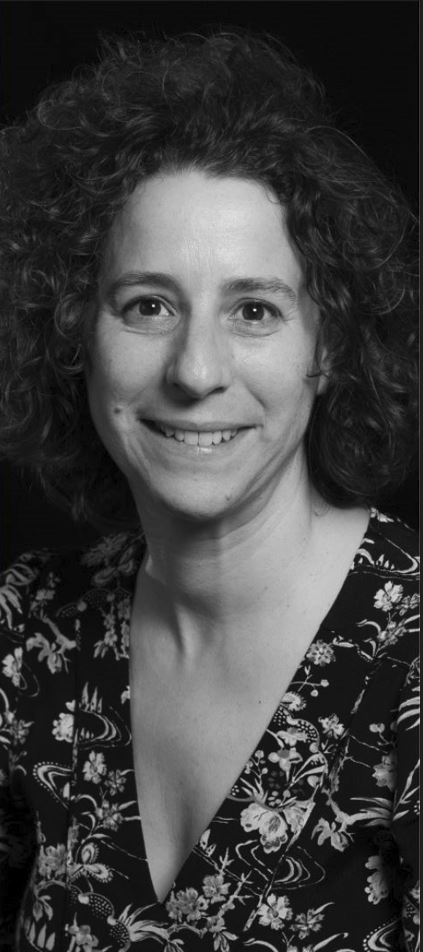 Paula Bustos holds a PhD in Economics from Harvard University (USA). Aside from being an ICREA-UPF research professor, she has ties to the IPEG and is part of the Barcelona School of Economics’ (BSE) Academic Council. She is also a member of the Center for Economic Policy Research (CEPR) and the European Economic Association (EEA) and is co-editor-in-chief of the Journal of International Economics.
Paula Bustos holds a PhD in Economics from Harvard University (USA). Aside from being an ICREA-UPF research professor, she has ties to the IPEG and is part of the Barcelona School of Economics’ (BSE) Academic Council. She is also a member of the Center for Economic Policy Research (CEPR) and the European Economic Association (EEA) and is co-editor-in-chief of the Journal of International Economics.
Her research interests lie in the economic effects of climate change, new agricultural technologies and international market integration. At UPF, she recently launched the project “Adaptation to Climate Change in Developing Countries” (ClimateAdapt), which earned her a 2023 Consolidator Grant from the European Research Council. With a duration of five years (2024-2029), this project will analyse how labour and capital market frictions are shaping the response to climate change in developing countries, with a focus on Brazil.
Before joining UPF, she was involved in the ERC Starting Grant project “Economic Development and Structural Transformation” (2017) at CEMFI, which explored agricultural productivity and structural transformation. Other lines of research on which she has also focused include the economic effects of a regional free trade agreement between Argentina and Brazil and the effect of new agricultural technologies, such as transgenic crops, on economic development in Brazil.
Damián Blasi, language as a tool for understanding human cognition and culture
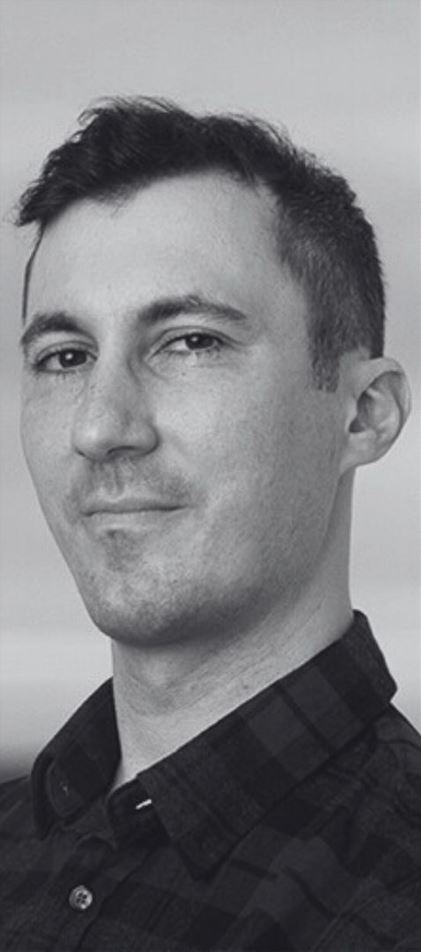 Damián Blasi’s research centres on the relationship between language and cultural diversity, between human evolution and cognition. He is currently an ICREA research professor based in the UPF’s Center for Brain and Cognition (CBC) and an associate researcher in the Department of Evolutionary Biology at Harvard and in the Department of Cultural and Linguistic Evolution at the Max Planck Institute for Evolutionary Anthropology, as well as a Branco Weiss fellow.
Damián Blasi’s research centres on the relationship between language and cultural diversity, between human evolution and cognition. He is currently an ICREA research professor based in the UPF’s Center for Brain and Cognition (CBC) and an associate researcher in the Department of Evolutionary Biology at Harvard and in the Department of Cultural and Linguistic Evolution at the Max Planck Institute for Evolutionary Anthropology, as well as a Branco Weiss fellow.
One key facet of his research involves using large linguistic databases to discover and demonstrate interlinguistic regularities and irregularities in various language domains, with particular emphasis on those relevant to human cognition and culture. Other research interests include exploring linguistic diversity through human history. He has investigated numerous aspects of why the world’s 6,500 current languages are the way they are, analysing historical processes and events ranging from the beginning of the Holocene to the last one hundred years. He has also taken part in a series of projects aimed at digitising data relevant to the study of linguistic diversity and making them available to the public. More recently, he has become interested in notions of linguistic equity and low-resource languages.
Schahram Dustdar and his research on distributed systems, computing and artificial intelligence
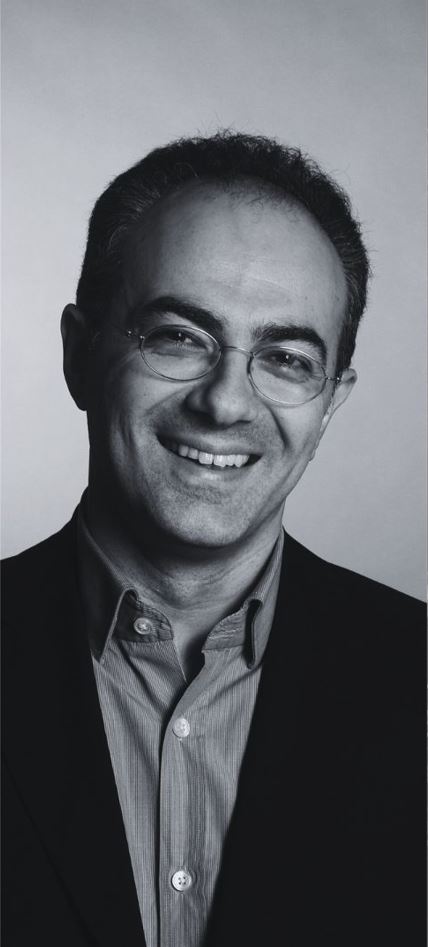 Schahram Dustdar, an ICREA professor at UPF since April 2024, investigates all aspects of distributed computing systems (edge-computing, fog-computing, cloud computing, human-based computing…), as well as artificial intelligence in the co-evolution of distributed systems for the new decade. His research hinges on the challenges facing these new distributed systems.
Schahram Dustdar, an ICREA professor at UPF since April 2024, investigates all aspects of distributed computing systems (edge-computing, fog-computing, cloud computing, human-based computing…), as well as artificial intelligence in the co-evolution of distributed systems for the new decade. His research hinges on the challenges facing these new distributed systems.
Dustdar earned a PhD in Business Informatics at Johannes Kepler Universität Linz. He is the editor-in-chief of Computing for the journal Springer and a fellow at the Institute of Electrical and Electronics Engineers (IEEE). He has served as a full professor of Computer Science heading the Research Division of Distributed Systems at TU Wien (Austria) for over twenty years.
